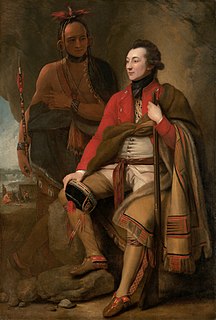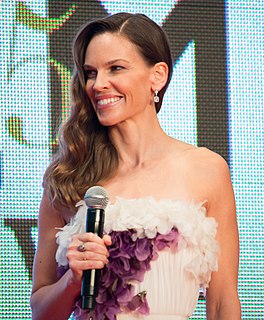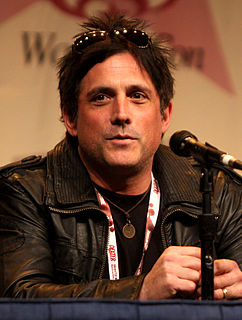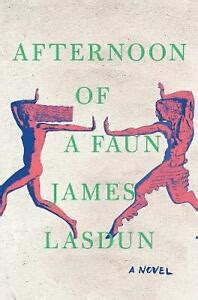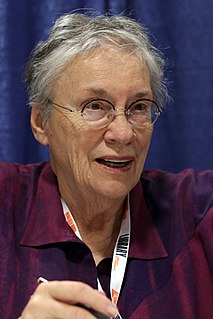A Quote by Guy Johnson
With this first novel, I am just above the foothills, but I see the path to the top, and it is my desire to write compelling stories about everything that I find of interest.
Related Quotes
I love telling stories. I think of myself as a storyteller, and I don't feel bound by being just a singer or an actress. First, I'm a storyteller, and history is stories - the most compelling stories. There is a lot you can find out about yourself through knowing about history. I have always been attracted to things that are old. I have just always found such things interesting and compelling.
The God-honest truth is that Jeff and I just do what we do. You have no control. We didn't have control last year, or the year before either, or the year before that. We can only do what we do, which is to make the show that we love, continue to follow the path for the stories that we want to tell, tell great and compelling stories, week-to-week, that interest our fans, and really hope for the best.
The age of the book is not over. No way... But maybe the age of some books is over. People say to me sometimes 'Steve, are you ever going to write a straight novel, a serious novel' and by that they mean a novel about college professors who are having impotence problems or something like that. And I have to say those things just don't interest me. Why? I don't know. But it took me about twenty years to get over that question, and not be kind of ashamed about what I do, of the books I write.
I would like to write a novel, or at least try to write one, although my motives are not entirely pure. For one thing, I get asked about writing novels so much that I feel guilty about never having written one. And although I have no strong desire to write a novel, I would hate not to try. That would just be silly. On the other hand, I hate the idea of slogging through something that turns out to be not good.
Yes?’ he asked, looking at me over the sheet. ‘I’m a writer temporarily down on my inspirations.’ ‘Oh, a writer, eh?’ ‘Yes.’ ‘Are you sure?’ ‘No, I’m not.’ ‘What do you write?’ ‘Short stories mostly. And I’m halfway through a novel.’ ‘A novel, eh?’ ‘Yes.’ ‘What’s the name of it?’ ‘”The Leaky Faucet of My Doom.”‘ ‘Oh, I like that. What’s it about?’ ‘Everything.’ ‘Everything? You mean, for instance, it’s about cancer?’ ‘Yes.’ ‘How about my wife?’ ‘She’s in there too.
What I find to be very bad advice is the snappy little sentence, 'Write what you know.' It is the most tiresome and stupid advice that could possibly be given. If we write simply about what we know we never grow. We don't develop any facility for languages, or an interest in others, or a desire to travel and explore and face experience head-on. We just coil tighter and tighter into our boring little selves. What one should write about is what interests one.
I certainly don't sit down and plan a book out before I write it. There's a phrase I use called "The Valley Full of Clouds." Writing a novel is as if you are going off on a journey across a valley. The valley is full of mist, but you can see the top of a tree here and the top of another tree over there. And with any luck you can see the other side of the valley. But you cannot see down into the mist. Nevertheless, you head for the first tree.
When I wrote my first book, 'The Tennis Party', my overriding concern was that I didn't write the autobiographical first novel. I was so, so determined not to write about a 24-year-old journalist. It was going to have male characters, and middle-aged people, so I could say, 'Look, I'm not just writing about my life, I'm a real author.'
I think a good story can do as much as a novel; not the exact same thing, of course, but just as much artistically. They're different beasts, but to tackle an expansive country like the United States, you're either going to write a big novel, or go in to various points on the map and write stories or poems.
